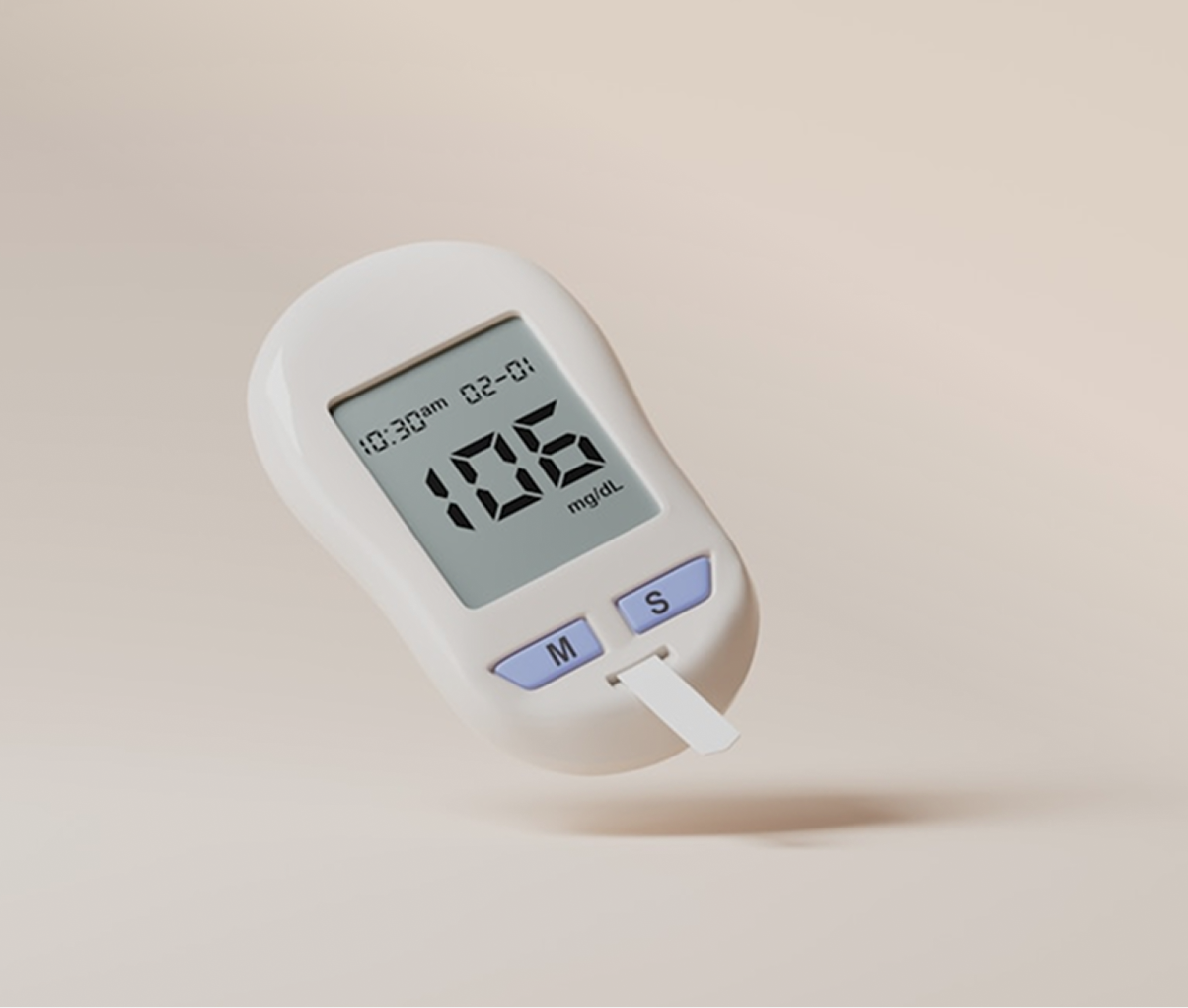
Most people think of healthcare as something that begins when symptoms show up. But the truth is, disease takes years—sometimes decades—to develop. Preventive health flips the script: using data, biomarkers, and lifestyle strategies to catch imbalances early, long before they become diagnoses. Last Saturday, we explored the science, the tools, and the promise of staying ahead of illness rather than chasing it after the fact.
Missed it? You can still catch up on The Preventive Health Issue.
Mark Hyman, MD, is the founder of the Cleveland Clinic Center for Functional Medicine. He is the co-founder and Chief Medical Officer of Function Health, the fastest growing health company in the US. He is founder and director of The UltraWellness Center, host of The Dr. Hyman Show podcast with over 300 million downloads, and the author of 15 New York Times bestsellers, including the recently released #1 national bestseller Young Forever.
Dr. Hyman received the Christian Book of the Year Award for his work on The Daniel Plan, a faith-based wellness initiative that he created with Rick Warren, which helped the Saddleback Church collectively lose 250,000 pounds. He is the founder and chairman of the nonprofit Food Fix Campaign, dedicated to transforming our food and agriculture system through policy. He was also named TIME magazine’s 100 most influential people in health.
Today, Dr. Hyman joins us to answer your questions about preventive health.
Q. In functional medicine, the goal is to address root causes. But with hundreds of new biomarkers and tests available, how do we identify which ones truly matter and avoid overwhelming ourselves with irrelevant data?
More than 70% of medical decisions are based on lab results, yet the standard annual physical typically looks at just 19 biomarkers. That narrow lens leaves countless health risks undetected, fueling the rise in chronic disease, cancer diagnoses, and misdiagnoses across our healthcare system.
Function Health provides access to over 100+ tests, covering heart, hormonal, metabolic health, and more. Function also offers advanced MRI/CT scans that detect 500+ conditions, including cancers of the brain, thyroid, liver, pancreas, kidneys, and reproductive organs—as well as early signs of strokes, aneurysms, cysts, endometriosis, fatty liver, fibroids, kidney stones, and more—often before symptoms appear.
However, Function doesn’t just deliver results and leave its members with unanswered questions. It cuts through the noise by providing each member a detailed clinician's summary of each test result, helping them understand the bigger picture, and a tailored health strategy inclusive of personalized nutrition, supplements, and lifestyle recommendations to support their health journey.
Q. So much of what preventive health promises has to do with behavior and lifestyle. What have you learned actually gets people to make lasting changes? And what doesn’t work?
Lasting change comes when people can see their progress. When biomarkers like blood sugar, inflammation, or cholesterol improve, it creates a powerful feedback loop that motivates consistency. I’ve experienced this myself. By targeting the right interventions, I was able to reduce my biological age by 20 years. The foundation is simple but essential: nutrition, movement, sleep, and stress management.
What makes the difference now is data. With tools like Function Health, we can move beyond one-size-fits-all advice to give people personalized insights tied directly to their own biology. That connection turns health into empowerment rather than discipline. What doesn’t work is handing someone a generic checklist and expecting it to stick. People need to see how their daily choices are measurably improving their own health.
Q. We’re seeing a lot of stuff enter the prevention conversation. Which emerging therapies, like peptides and regenerative medicine, do you believe will genuinely transform preventive health? And do you think any will fade away?
As the health landscape evolves, one of the most important shifts is from reactive care to proactive health. With nearly 30 million Americans living with chronic conditions like diabetes and undiagnosed cancers, it’s clear that our current system isn’t catching risks early enough.
At Function, we’re closing that gap by giving people access to advanced diagnostics and secure results through our app, empowering them to spot potential issues early and make data-driven decisions about their long-term health.
Within this shift, certain innovations stand out as game changers. Advanced imaging—MRIs and CT scans in particular—is here to stay. These tools provide a level of precision that can detect problems before symptoms ever appear, giving people peace of mind and doctors critical information to act sooner. That’s why, with the acquisition of Ezra, we launched Function Scans and introduced our standalone Heart & Lungs CT Scan—no membership required. It’s a clear example of how proactive, data-driven insights are moving preventive health from abstract promise to real-world action.
Other therapies, like peptides and regenerative medicine, are also incredibly promising for the future. Peptides can play a role in everything from immune support to tissue repair, and regenerative medicine holds potential for tackling aging and chronic conditions at their root. Still, not every trend will stand the test of time. What will last are the interventions that deliver reproducible, clinically validated outcomes—the ones that move prevention from theory into practice.
Q. If you could redesign healthcare tomorrow, what’s the single biggest change you’d make to put prevention at the center of care?
If I could redesign healthcare tomorrow, I’d start by shifting the system from crisis response to true proactive healthcare. Right now, too much of medicine is built around waiting for symptoms to appear and then managing disease. That’s why so many Americans feel the system is broken, and why rates of chronic illness are projected to keep climbing.
The first step is building a stronger foundation: nutrition, movement, sleep, and stress management. But equally important is how we measure health. Instead of relying on limited annual checkups, proactive health should be anchored in deeper, more comprehensive assessments that give people visibility into what’s really happening in their bodies.
At Function, we’ve shown how this can work—integrating advanced biomarker testing, imaging, and lifestyle data to give members a clear view of their health trajectory and actionable steps to improve it. This kind of proactive, data-driven model empowers people to catch risks earlier, make meaningful changes, and stay healthier for longer.
Q. Let’s say you could only focus on one system for prevention: the gut, the heart, the brain, or metabolism. Which one do you think sets off the biggest chain reaction for health?
If I had to focus on one system, I’d choose the gut. It’s the command center for so much of our health. A balanced microbiome doesn’t just support digestion; it regulates the immune system, drives inflammation up or down, and communicates constantly with the brain through the gut–brain axis. In fact, the majority of serotonin is produced in the gut, which is why nutrition and microbiome health are so closely tied to mood, clarity, sleep, and stress response.
When the gut is healthy, it creates a ripple effect across the entire body—improving metabolic function, protecting the heart, and supporting mental health. But when it’s compromised by poor diet, toxins, or nutrient deficiencies, it can set off a cascade of problems, from anxiety and depression to cardiovascular disease.
At Function, we help members get ahead of these risks by testing over 100 biomarkers, including nutrients like B12, folate, vitamin D, magnesium, and omega-3s, as well as hormones and toxins that directly affect gut and brain function. From there, we provide tailored nutrition, supplement, and lifestyle strategies to optimize the gut—and in turn, the whole person.
Disclaimer: This newsletter is provided for educational and informational purposes only and does not constitute providing medical advice or professional services. The information provided should not be used for diagnosing or treating a health problem or disease, and those seeking personal medical advice should consult with a licensed physician.

January 23, 2026

January 16, 2026

January 16, 2026

January 9, 2026

January 9, 2026

January 2, 2026

December 26, 2025

December 19, 2025































































